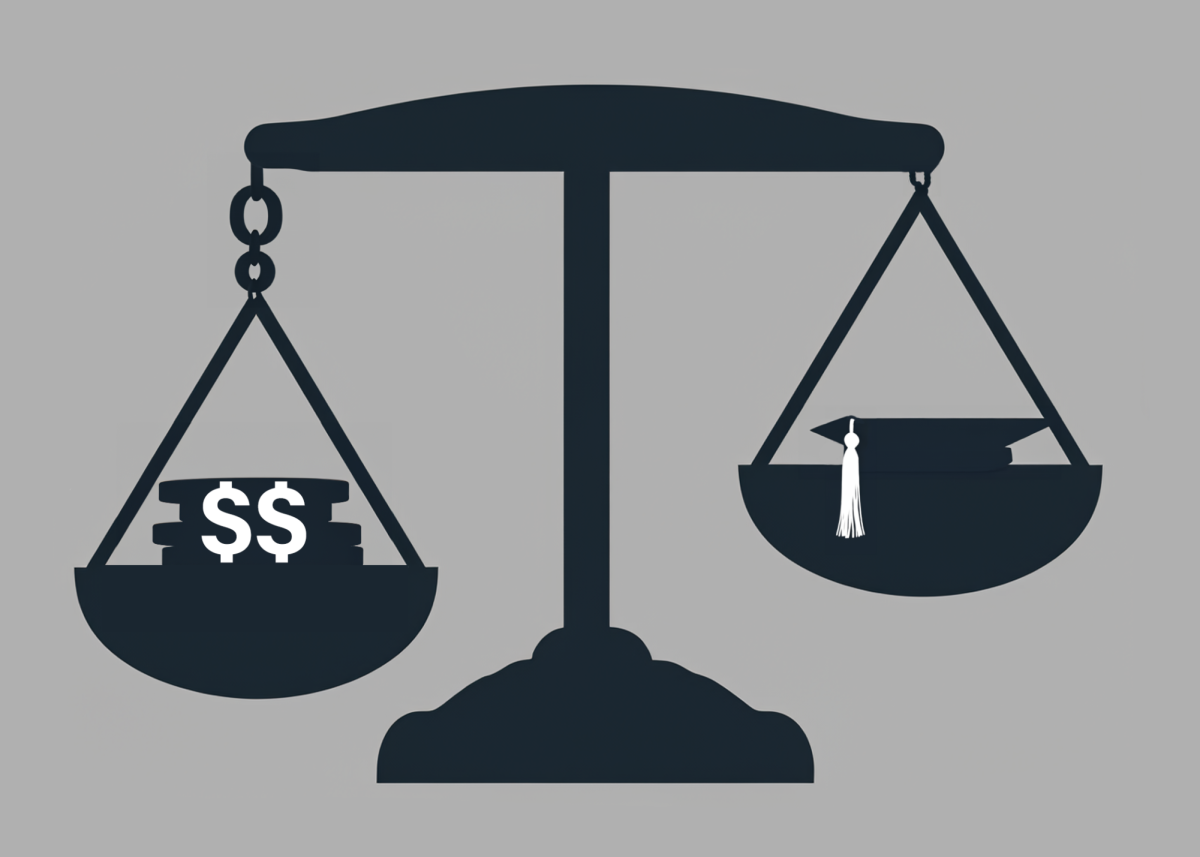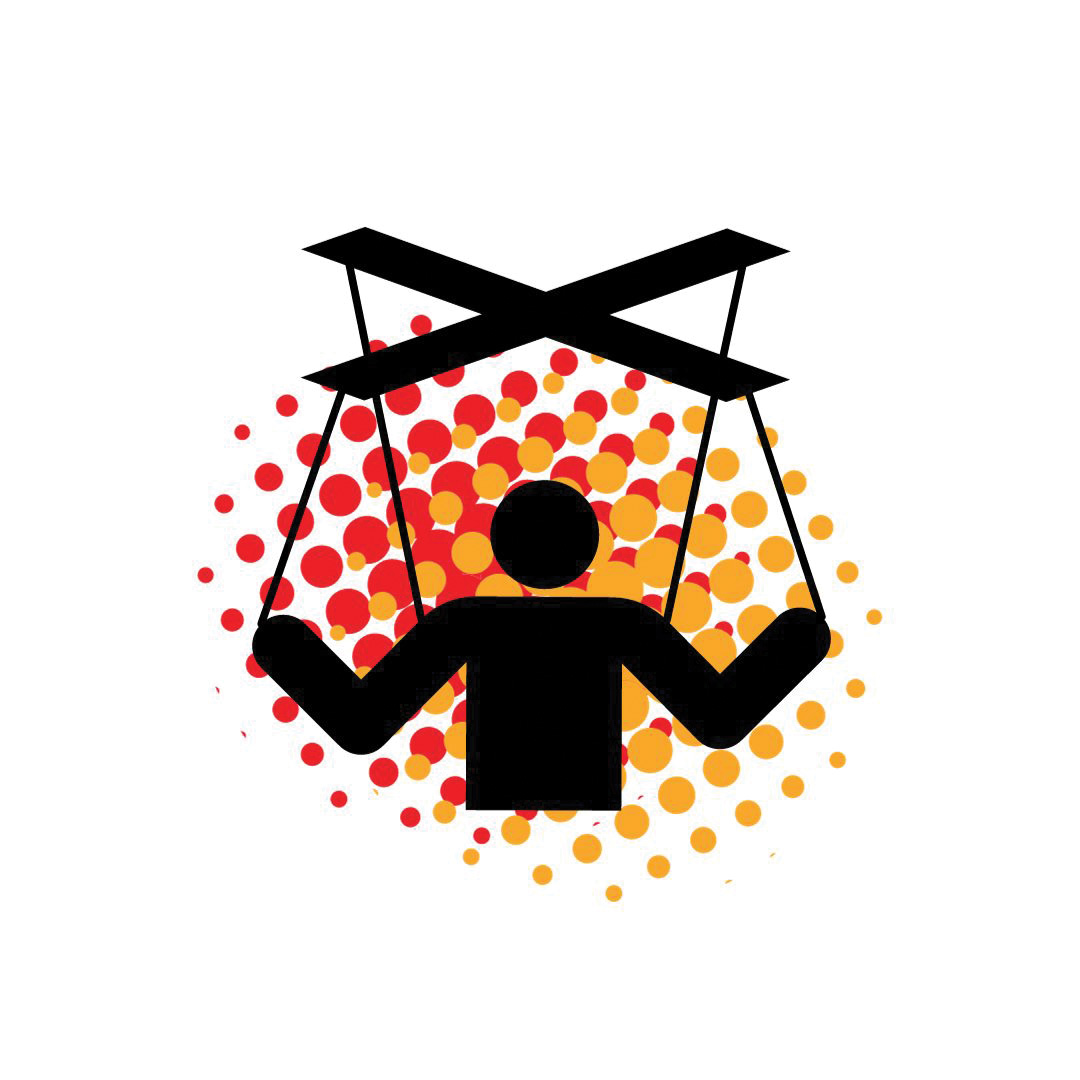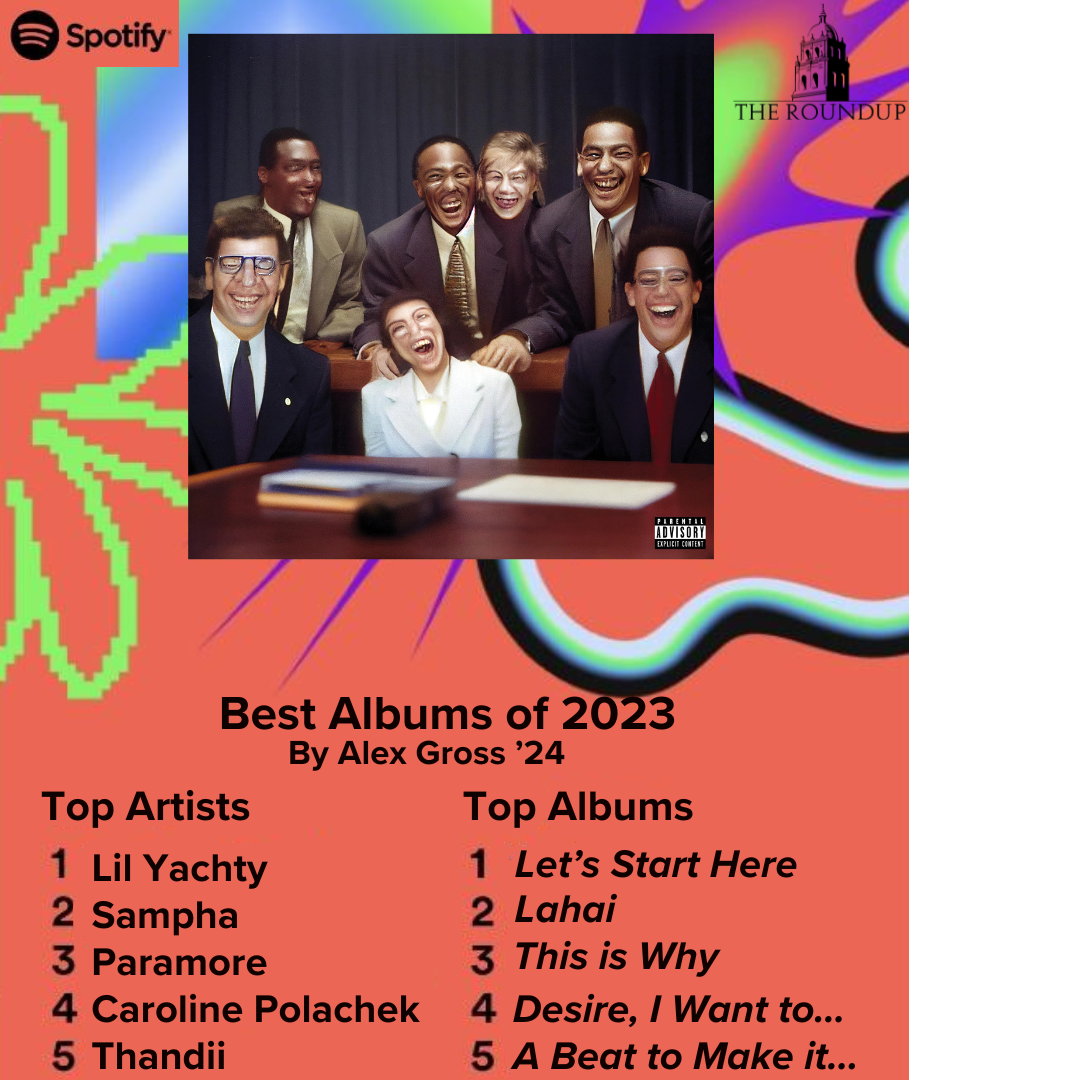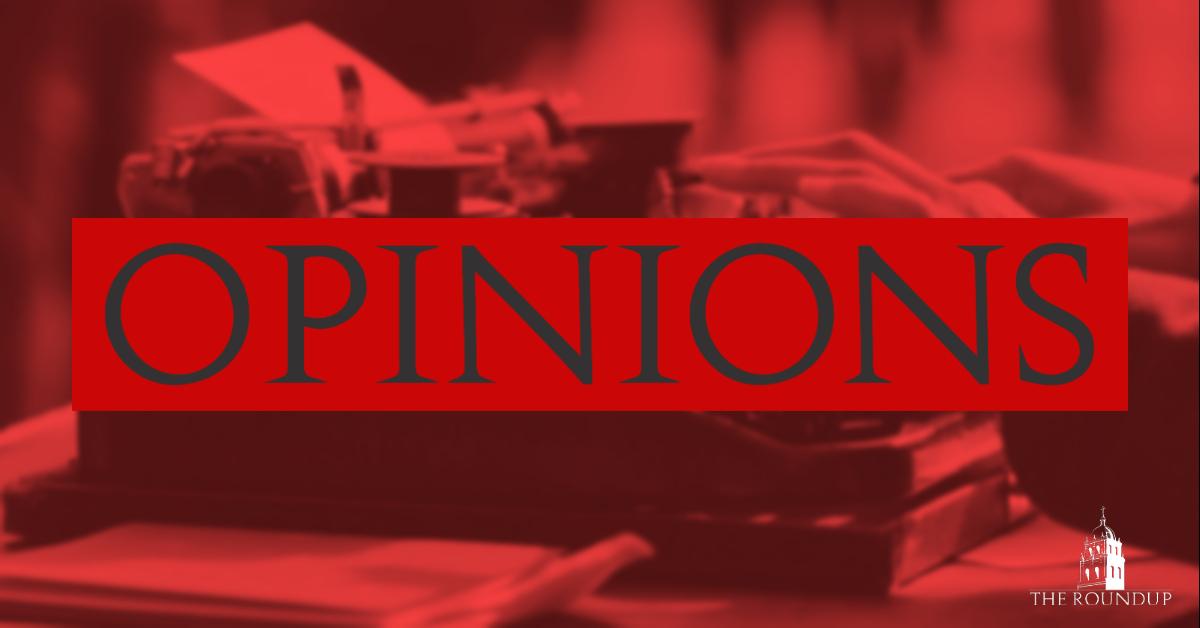By Garrison Murphy ’15
The Roundup
The Guy Fawkes mask wearing, Internet championing hacktivist group “Anonymous” globalized the idea of “hacktivism” that has become so prevalent in our digitized society, and in doing so showed us how dangerous it really is.
Hacktivism is defined as an act of political and social activism done through computer hacking.
While hacktivists have done some good for the web, the potential hazard hacktivism poses to all people and companies alike greatly outweighs it.
One instance of a positive act of hacktivism is Anonymous’ 2011 attack on child pornography in which they brought down a number of suspected child pornography sites.
Although this example is undoubtedly not an isolated incident, many other legitimate organizations, corporations and unsuspecting people have been victimized by acts of hacktivism.
Multiple big-name companies and organizations have fallen prey to hacktivists, including MasterCard, PayPal, Visa and the Church of Scientology. Governments were also not spared from Anonymous’ massive hacking attacks as government websites of the United States, Uganda, Tunisia and Israel all came under fire digitally.
Some of these attacks were coordinated with the intention of furthering what some hacktivists call the freedom of the Internet. For example, Hacktivists hacked into Visa after the company halted donations to WikiLeaks, according to a CNN article.
However, the intentions of many other hacktivist attacks aren’t as clear.
In 2011, a hacktivist group separate from Anonymous hacked into the Public Broadcasting Station and posted a series of hoax articles and released website user information.
The hack was later explained by a group member as done for “justice and lulz,” according to a Forbes article.
In an interview on a Canadian Broadcasting Corporation radio show, an Anonymous spokesperson said, “We just happen to be a group of people on the Internet who need just kind of an outlet to do as we wish, that we wouldn’t be able to do in regular society … we are doing it for the lulz.”
His statement delineates the issue with hacktivism – it allows too many individuals the ability to disrupt serious organizations without proper causation or even legitimate reasons.



























